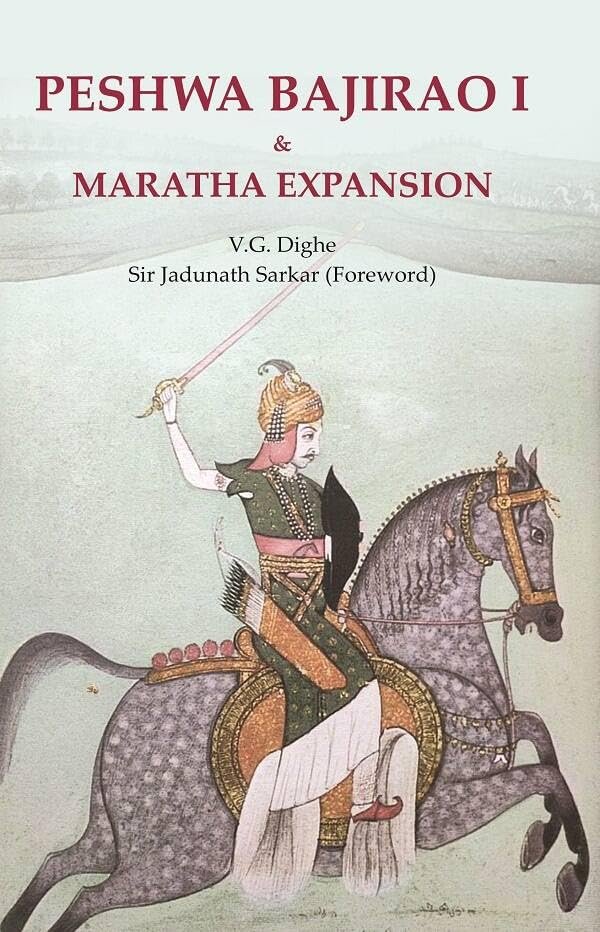
You May Also Like
Scheduled Castes Education in Assam
- ByNanhi Shop
- July 13, 2024
Education is considered as an important factor which can play a significant role for the overall development of…
Relativity: The Special and General Theory
- ByNanhi Shop
- February 14, 2024
Relativity: The Special and General Theory, is an exact complete understanding of the theory of Relativity. It is…
Women’s Role in the 20th Century Manipur: A Historical Study
- ByNanhi Shop
- March 13, 2024
Women of Manipur both in the valley and the hills enjoy a comparatively better position than their counterparts…
Pay Commissions of India
- ByNanhi Shop
- February 8, 2024
About the Book The Government of India constitutes, as a matter of convention, a pay commission after almost…
The Principles of Scientific Management
- ByNanhi Shop
- September 9, 2024
“The Principles of Scientific Management” by Frederick Winslow Taylor, published in 1911, is a seminal work in management.…
The Arts of Kerala Kshetram
- ByNanhi Shop
- August 28, 2024
In her continuing quest, re-affirming the vision of India as an organic whole, Dr. Kapila Vatsyayan approaches the…
